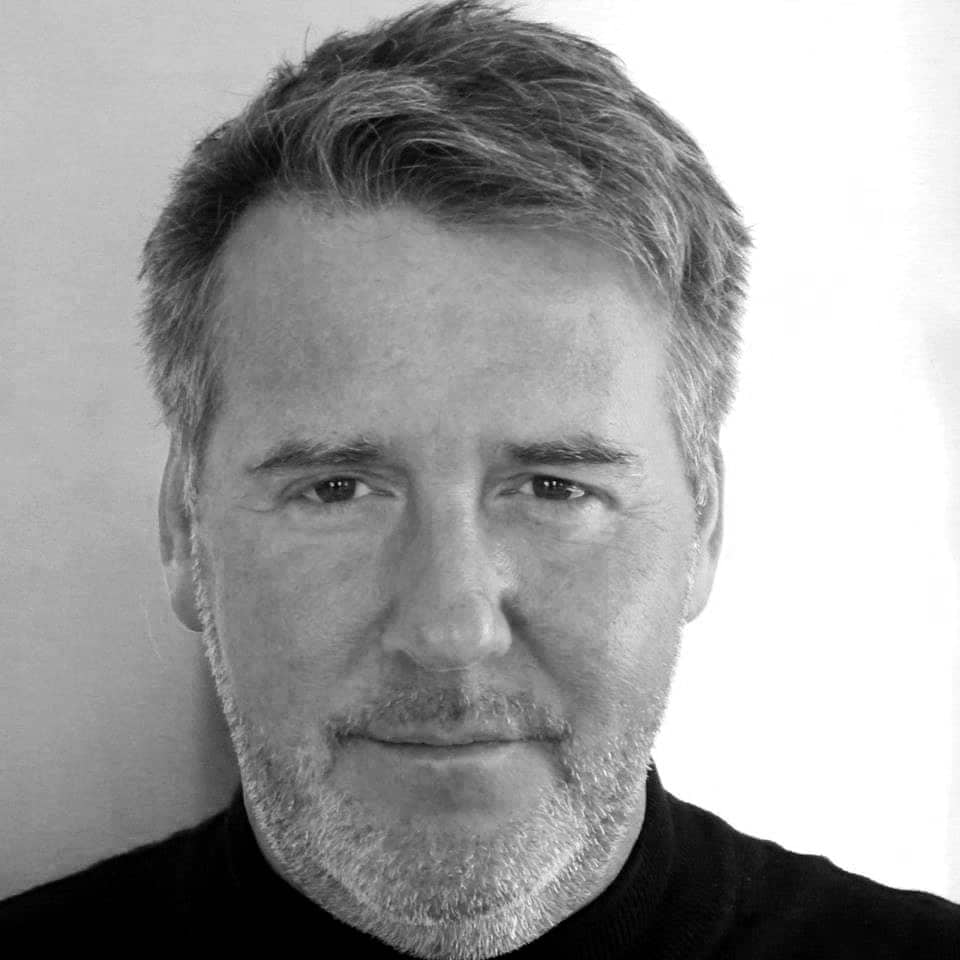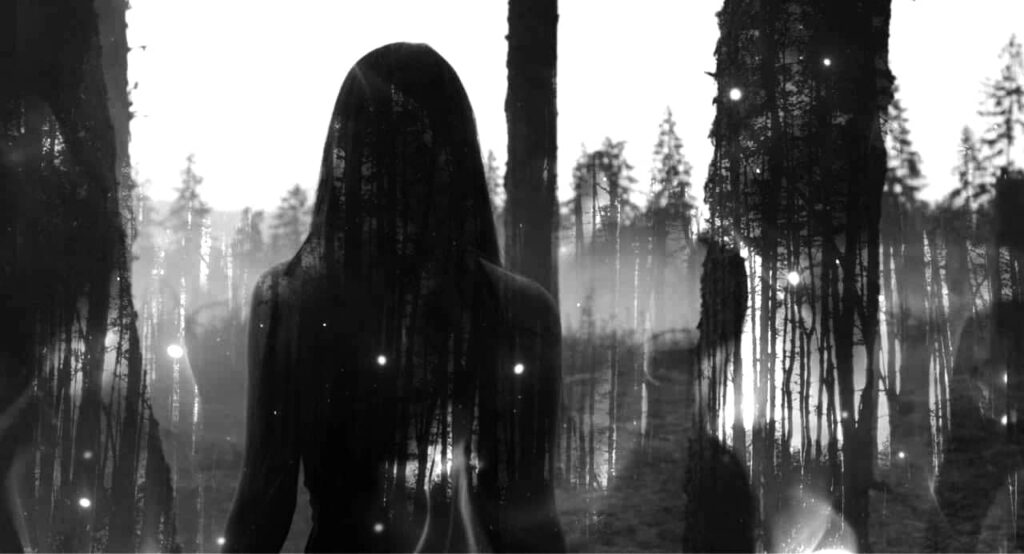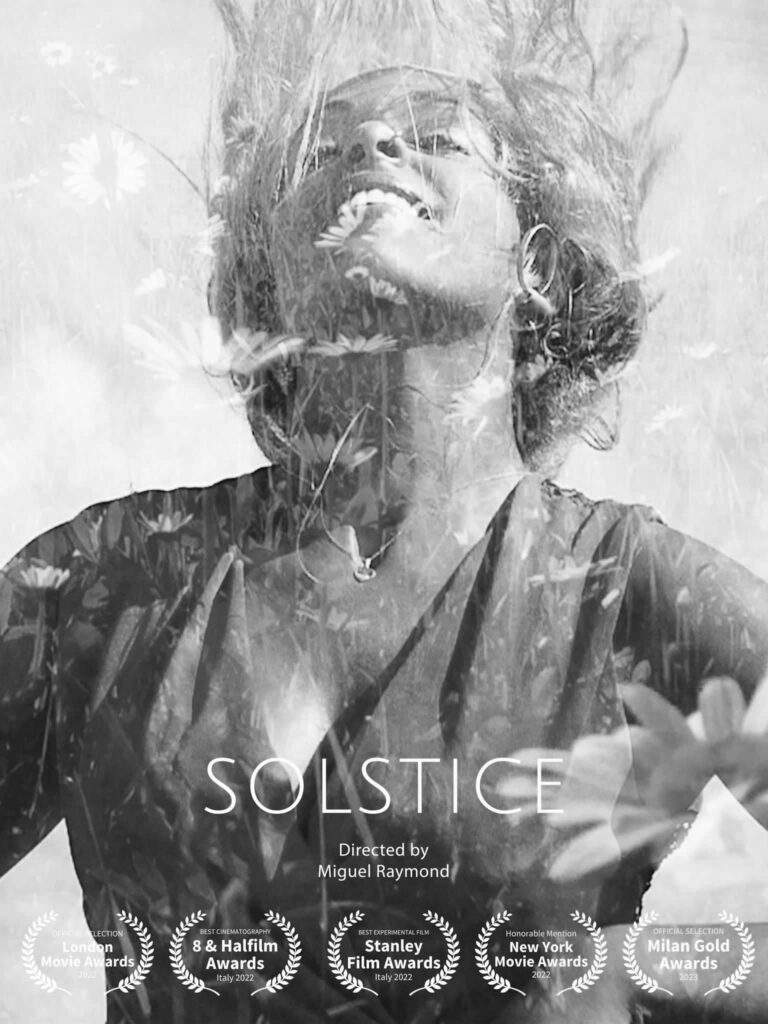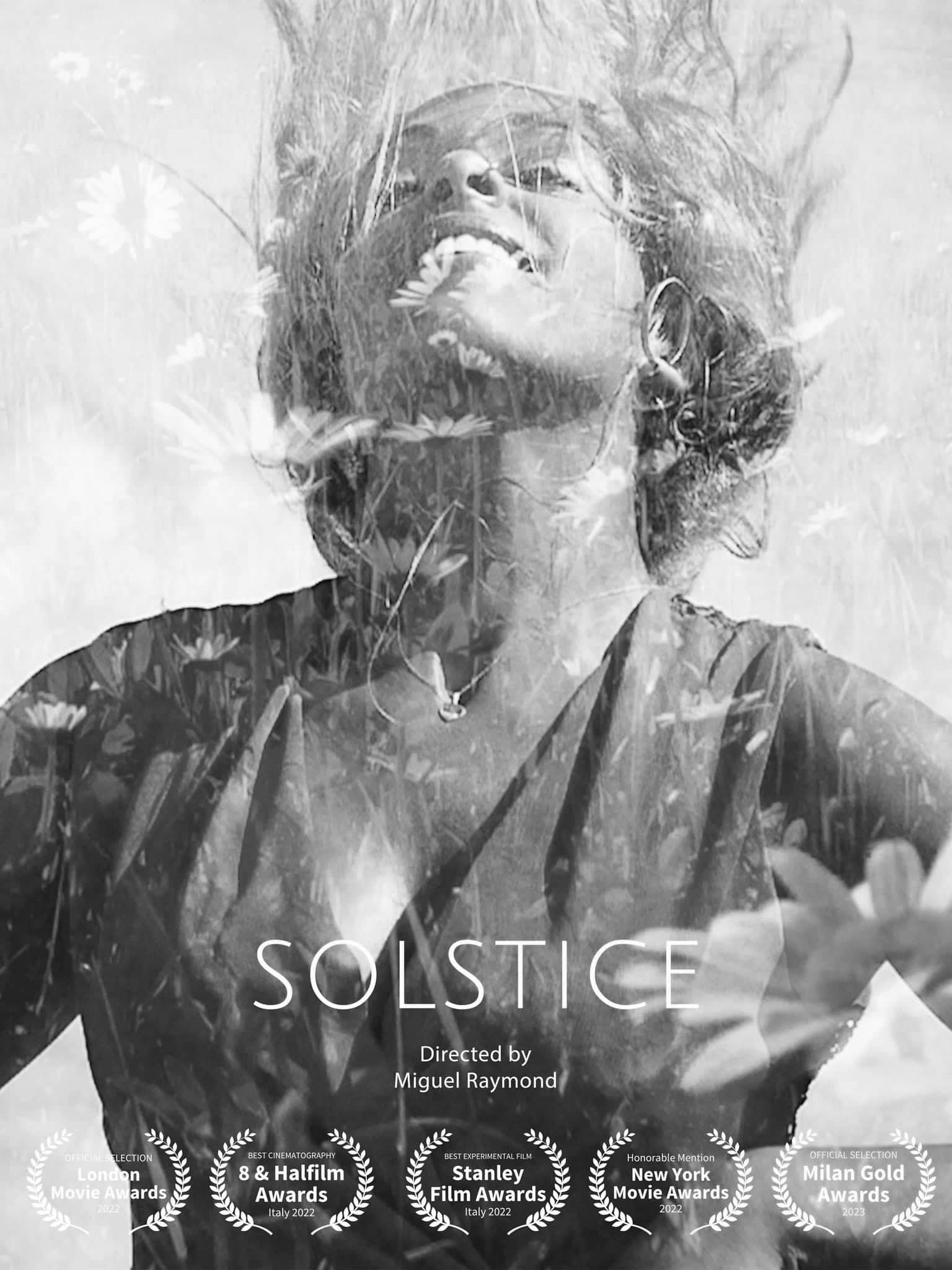
-Who is Miguel Raymond?
I graduated in communication from the University of Quebec in Montreal and also trained in special effects at the Graphic Institute of Technology in Tokyo.
(GIT) under the direction of the artist Ko Nakajima.
In the 80s, I quickly forged an enviable reputation as an video artist, director and editor. For nearly 40 years, I has created and contributed to a wide variety of works and have won several awards both in Canada and abroad. My passion and creativity have allowed me to explore several artistic genres.
In recent years, I have collaborated on the creation of video projections for Cirque du Soleil’s Michael Jackson One in Las Vegas.
I directed the videos for the show marking the 40th anniversary of the 1976 Montreal Olympic Games on July 21, 2016, at the Olympic Stadium in Montreal.
I also worked with Michel Lemieux and Victor Pilon on the multimedia work “Cité Mémoire” launched in 2016 and 2017 as part of the celebrations for the 375th anniversary of the city of Montreal.
I am now an artist, independent director and music producer.
I am the manager of the group Sol Caribe from Cuba, producer of their first album
“Soy del Caribe” and director of the music video of the same name.
Since then, I has signed several works, including the short documentary “Holy Trinity: The church that wouldn’t die” in 2019, as well as the experimental productions “Un dia en la vida” and “Prélude à la Lune” in 2021 which obtained several international awards.
In 2022, I started a series of 4 films called Cycle of Life. The two first films in this series are called “Sakura”,and “Solstice”. Those 2 first films also won multiple international awards for Best Experimental film, Best Director and Best Editing.

-What inspired you to become a filmmaker?
I guess it was by accident. I was studying in university in journalism, but it was boring for me. The university had received video cameras and editing equipement, and nobody was using them, they where still in their boxes. So I asked if I could use it, they sais shure, and gave me the keys.
A few months later, I finished my first video « Tv Screen » withch was aquirered by the Musée d’Art Contemporain du Québec. I finaly found what my passiont was.
-Do you think the cinema can bring change to the world?
Yes, it already did many times, and will continue to do so. Of course, documentary films helped change, inform people around the world. It has played a very important role in the evolution of society.
But I would also say the same for more artistic film making, witch can tell a story with a different approch, suggest a diferent way to look at things.
-What would you change in the world?
Many things, but specificaly over-indidualism. We need to get our sense of civility and respect for our fellow humans back.

-Where do you see the film industry going in the next 100 years?
Technologicaly speaking we will be able not to film a sequence, but rather to « scan » a sequence, in witch we can move around with a virtual camera to get all the angles and detail in one scan. Until that time, the mainstream film industry will continue to develop digitaly created films, witch do not need to be filmed, 100% computer generated film.
As for «cinema d’auteur», I think it is here to stay. The difference between independent cinema and big industry cinema will continue to widen.

